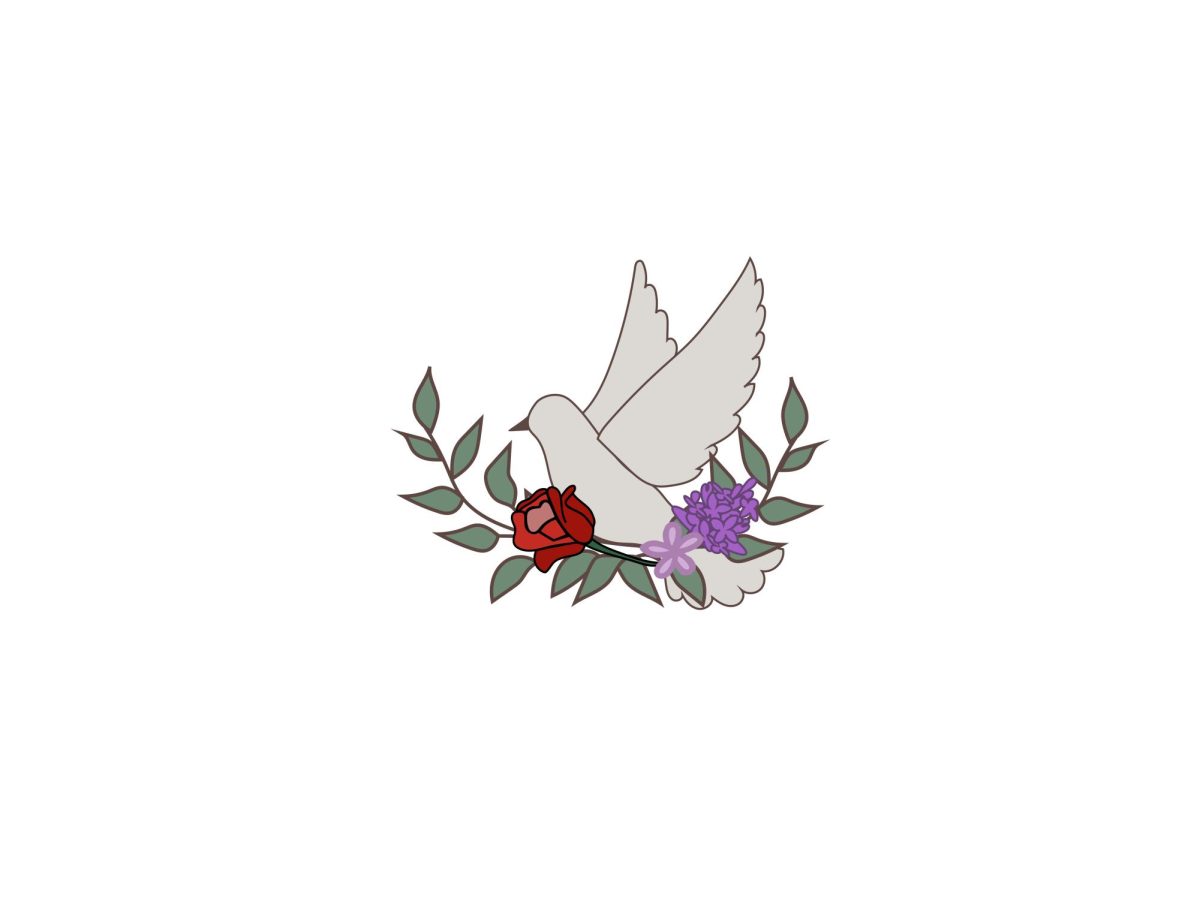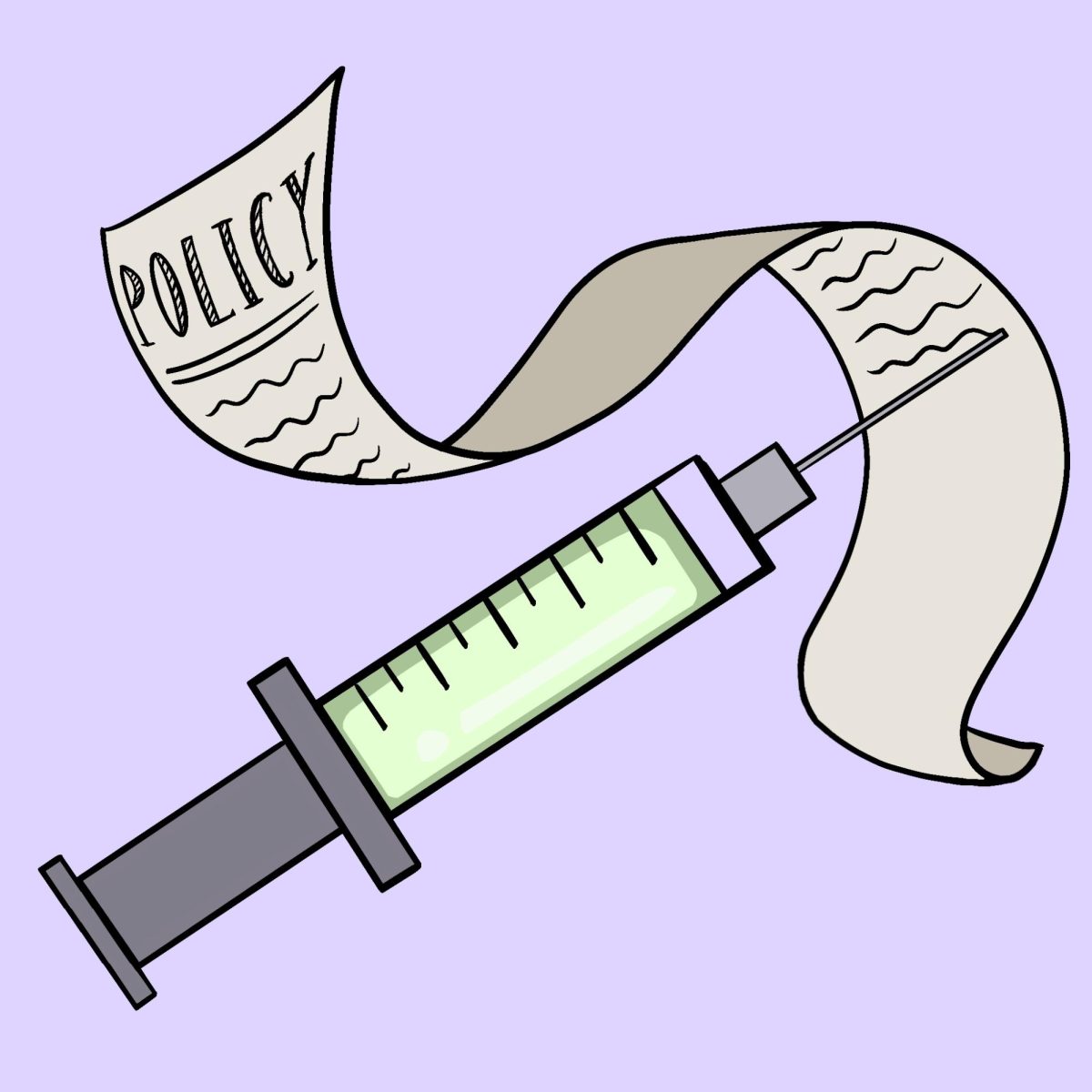The ongoing conflict between Israel and Gaza has taken a devastating toll on civilian lives as a result of Israeli airstrikes on large residential neighborhoods, schools, and areas in close proximity to hospitals. In one recent attack on a hospital on October 18th, a reported 15 individuals lost their lives and 50 others sustained injuries, according to health authorities in Gaza. Disturbing footage from the incident displayed numerous wounded individuals lying on the ground near an ambulance, with evident shrapnel damage to at least one of the nearby cars. Israel contends that the ambulance was deliberately targeted due to its alleged use by a Hamas terrorist cell, as stated in a communication from the Israel Defense Forces.
The latest figures from the Palestinian Ministry of Health in Ramallah, drawing from sources within the Hamas-controlled enclave, report that over 18,000 people have lost their lives in Israeli attacks since October 7th. As the airstrikes intensify, Gaza’s medical infrastructure finds itself on the brink of collapse. The bombardment has overwhelmed hospitals, leaving them struggling to operate amid dwindling supplies and fuel shortages.
United Nations Secretary-General Antonio Guterres has voiced deep concern over the escalating crisis. In a statement addressing an airstrike on the ambulance, he highlighted the severe humanitarian conditions in Gaza. Guterres pointed out that the region is grappling with an acute shortage of food, water, and medicine, and emphasized the critical need for international intervention. The impact of the conflict extends far beyond the immediate casualties, reaching into the fabric of daily life for Gazans.
Gaza’s medical staff, particularly at Al-Shifa Hospital, find themselves at the forefront of the crisis. Exhausted and stretched thin, medical professionals are facing the daunting task of providing care amid the chaos. The dire shortage of fuel has plunged hospital wards into darkness, compromising critical functions like oxygen generation. Dr. Yousef Abu Al-Rish, director of Gaza’s hospitals, provided a stark glimpse into the situation, revealing to CNN that only one operating theater, the emergency department, and the intensive care unit (ICU) continue to function.
The international community has faced mounting pressure to intervene and address the unfolding humanitarian disaster in Gaza. Secretary-General Guterres has called for immediate attention to the dire conditions, urging increased humanitarian aid to meet the basic needs of the population. Many in the international community are emphasizing the need for a comprehensive ceasefire and a diplomatic resolution to the conflict is more pressing than ever.
The discrepancy between Israeli claims of targeting military sites and the stark reality of civilian casualties raises concerns about the precision of airstrikes. The international community is calling for transparent investigations into alleged violations of international humanitarian law to determine the legitimacy of military targets and the extent of collateral damage.
The Israeli airstrikes on Gaza hospitals and civilian infrastructure have worsened an already severe humanitarian crisis. The world watches as Gaza’s medical institutions struggle to cope with the overwhelming influx of casualties amid dwindling resources. The urgency of the situation demands collective action to prevent further loss of life and alleviate the suffering of the Palestinian and Israeli people caught in the crossfire.
This article also appears in our December 2023 print edition.















